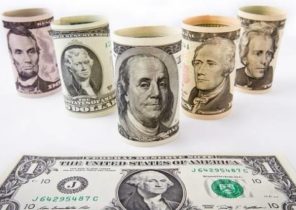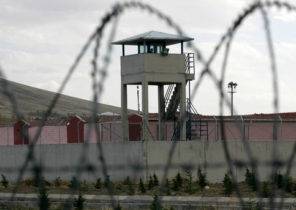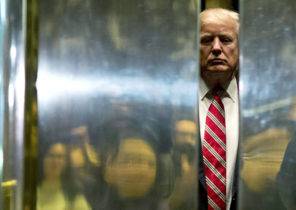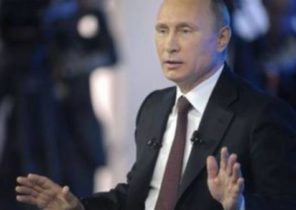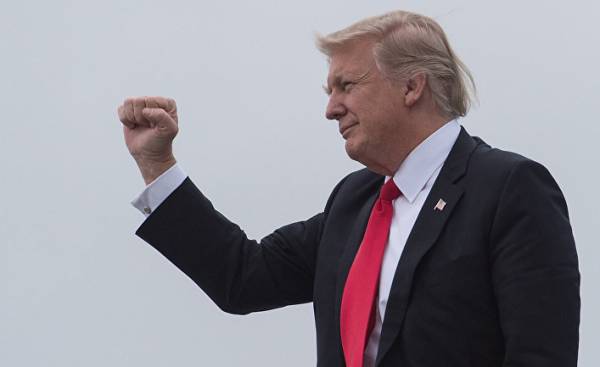
Many probably know the reference to the impressive book of the late socialism Alexei Urtaca “Everything was forever until the end”. It refers to the observation that in the late Soviet period, Soviet citizens believed that Soviet socialism is eternal. And only when he was gone, looking back, they were able to identify the causes of the incident.
I felt not only Soviet citizens but also outsiders. Moreover, scientists and even the US intelligence services and the West vehemently criticized for the fact that they have not predicted the fall of communism in the USSR and Eastern Europe. In fact, just yesterday I read an article in Foreign Policy, that the Kremlinologists “pursue” for “legendary inability to anticipate one of the most significant geopolitical events of the XX century — the collapse of the Soviet Union and communism”.
I’m not sure that they are really “persecuted”, at least to me this doesn’t happen. But if so, it should not be. On the contrary, the assumption and Soviet citizens and observers from other countries, that “everything is forever” was quite reasonable and all statements after the fact, say, what happened was expected, not just wrong, but also reflect a typical cognitive bias. Latest analysed in some studies in psychology on the topic of cognitive distortions and irrationality when making decisions.
The collapse of the Soviet Union has at least one thing in common with the election of Donald trump President: an unlikely result with serious consequences. That is, the black Swan.
A few points before proceeding.
My notes written under the influence of exciting books for non-specialists in decision-making, of which I would recommend four: “project Cancelled” by Michael Lewis; “Supererogation” Philip Teleca and Dan garner; “the Signal and the noise” Nate silver, which hit the bestseller list The New York Times and “the Black Swan” by Nassim Nicholas Taleb (more controversial than others, but with interesting ideas).
Second, a few words about the difference between risk and ambiguity.
Imagine that someone tells you that the chances to obtain profits 50/50. How do you know? For example, I remember tossed a coin. In this case, you can be pretty sure that the odds really are, and neither more information nor an alternative method of analysis that will not change. It’s a risk.
Now imagine what the wife tells you: “the Chances of winning the super bowl is 50/50.” To be honest, my wife knows practically nothing about football and even less about the Patriots. That is, she tells you that she knows nothing about the game, and in any case could not perform, even if she has one. So she has no idea what the odds really are. Even a little more information or some knowledge that might change her assumption. This dubiousness.
The idea that the predictions of political events are always from the area is questionable, and to a significant extent, and quality of information or analysis can reduce the level of doubt, for example, in the election results. Elections trump showed how doubtful the chances attributed to statistical models and totes.
Edward Walker, Professor of political science at the University of California (Berkeley).



